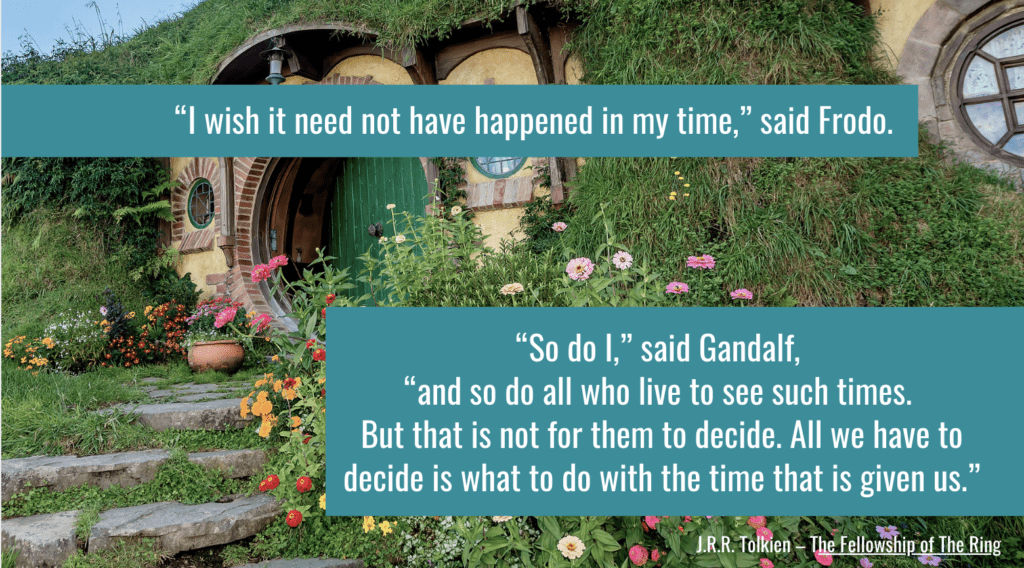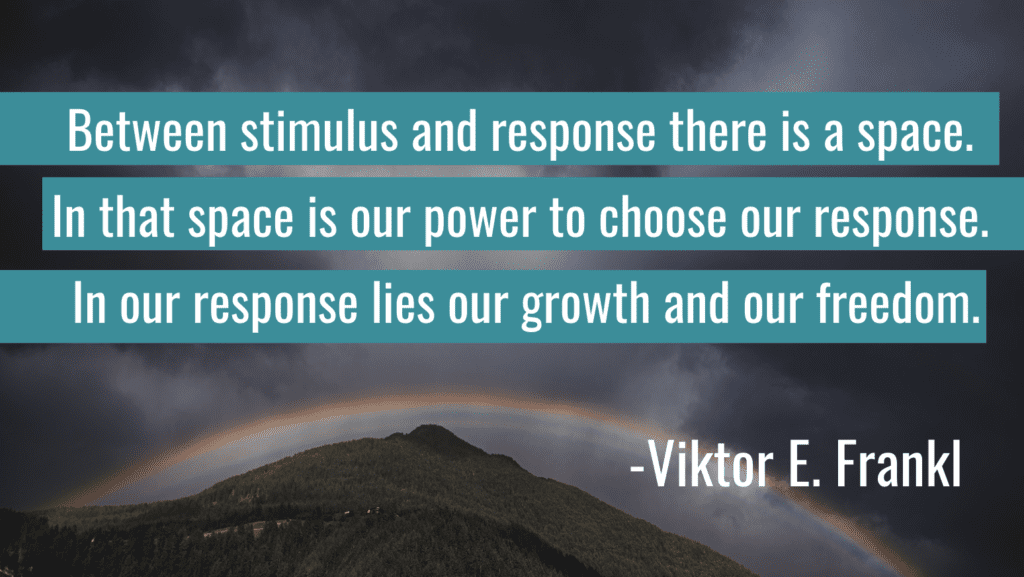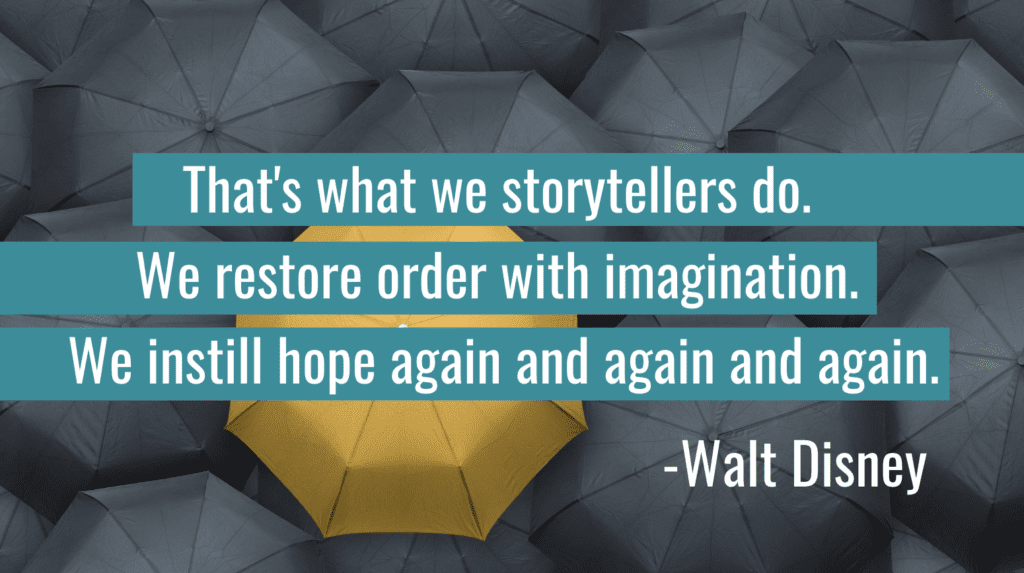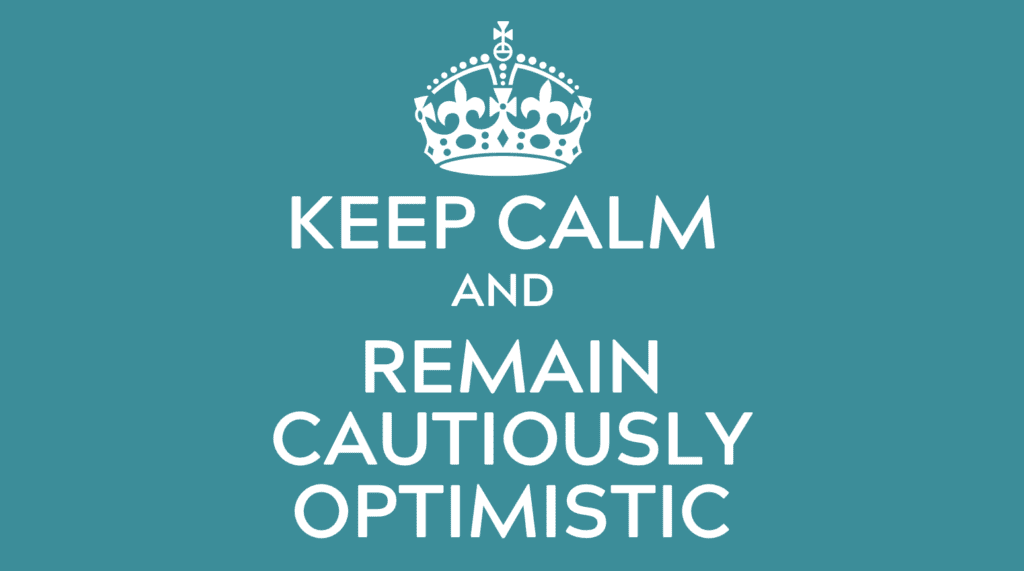Faced with perhaps the biggest challenge of our lifetimes, how do we respond?
We didn’t choose the times, the times have chosen us.

All around the world, this is a time for uncertainty, fear and loss. The novel Coronavirus pandemic has created the worst health crisis in a century. Things have changed overnight and our future is uncertain. Thousands have already died, and sadly, many more are likely to die as our healthcare systems struggle to deal with an influx of patients requiring critical care; and in the absence of antiviral treatment or vaccines.
At the macro level, layoffs have begun, job losses abound, and unemployment has risen alarmingly. Those fortunate enough to have work are having to juggle extraordinary personal and business commitments. School and day care closings mean children and infants at home. Social distancing and shelter-in-place orders mean more time at home around the clock.
In my own lifetime, I cannot remember anything like what we’re going through now. In fact, until a couple of months ago when we started looking very seriously at the crises in China and then Italy, few would have projected a worst-case scenario such as the one in which we find ourselves today.
Faced with perhaps the biggest challenge of our lifetimes, how do we respond?
In this very challenging time, I’m reminded of these timeless words from Viktor Frankl:
Everything can be taken from a man but one thing: the last of the human freedoms—to choose one’s attitude in any given set of circumstances, to choose one’s own way. When we are no longer able to change a situation, we are challenged to change ourselves. Between stimulus and response there is a space. In that space is our power to choose our response. In our response lies our growth and our freedom.
So, even though our entire world is hurtling along, and it seems we have no control over our circumstances, we can choose our own response.

In our response lies our growth and our freedom. More than anything else, this is the time for personal resilience and leadership agility.
Okay, if any one of us or our family members contracts COVID-19, all bets are obviously off. But if we don’t, we can choose our response.
If we’re alone, this means either more time alone for spiritually enriching activities like mindfulness meditation and prayer; and physical enriching activities like exercise. If we’re with family, this means more time with our family members spent on simpler pleasures. If we have young kids, hopefully this means a least a little extra sleep instead of hours-long commutes.
On the business end, even though small businesses have been devastated and corporations and world economies have been rocked, somewhat paradoxically this is a time of opportunity for those in a position fortunate enough to leverage the crisis. Healthcare organizations, governments, pharmacies and large retailers like Amazon, Walmart and others are reporting surges in the need for workers to deal with rising demand.
In our world of agile organizations, here are two things we can do right away:
1. Put People First. We must first take care of ourselves, our teams and our communities as we understand and appreciate our shared humanity. For ourselves and our families, epidemiological experts stress that social/physical distancing is critical right now and the best way to contain the spread of the virus, even as it comes at an unprecedented financial cost.
In the U.S.A, we are facing the highest surge in unemployment claims ever. Service workers in restaurants, malls, gyms, hotels and small businesses find themselves unemployed overnight. Without a safety net, these members of our communities are faced with homelessness, starvation and poverty. We must look for ways to help others in need, and there are going to be thousands of them.
In the U.S.A, which now has the highest number of people infected, healthcare workers are on the front lines of the greatest war we have seen in our generation. They are fighting on our behalf and need our support. Here are some ways we can help them.
2. Develop a Multi-Stage Game Plan. Plan in stages or horizons: immediate, short and long-term. As an example, similar to Nike’s game plan for surviving coronavirus, many of our clients have similar plans:
- Stage one: switch to Work From Home (WFH) home immediately, working out the new WFH norms in the short-term
- Stage two: plan for a gradual return to in-person, even with lower business
- Stage three: Return quickly to normalcy
- Stage four: Build on the previous stages for future growth
For right now, in the chaos of Stage 1, as Dave Snowden advises:
“In the chaotic domain, a leader’s immediate job is not to discover patterns but to stanch the bleeding. A leader must first act to establish order, then sense where stability is present and from where it is absent, and then respond by working to transform the situation from chaos to complexity, where the identification of emerging patterns can both help prevent future crises and discern new opportunities. Communication of the most direct top-down or broadcast kind is imperative; there’s simply no time to ask for input.”

From my agilist perspective, there is always time to ask for input, and to involve our teams in decision making. That said, it’s clear that, right now our main job is to act to establish order, and to communicate, communicate, communicate.
Looking ahead with cautious optimism.
As the effect of the pandemic spreads, let’s do our best to reduce its impact by social distancing, helping healthcare workers and other people on the front lines, and by helping our communities.

In the long term, we know that, as with all catastrophes in the Universe, this too shall pass. Most will recover, jobs creation will return, and economic gain will follow eventually, even if it takes years. The walk through this tunnel will be long and dark, but there will be an end.
In summary, strong, steady and resilient leadership agility is what all of us need, and we are the ones to provide it in this time of crisis. Let’s respond with wisdom, compassion and agility.
-Sanjiv
Sanjiv Augustine is the President & CEO of LitheSpeed.
